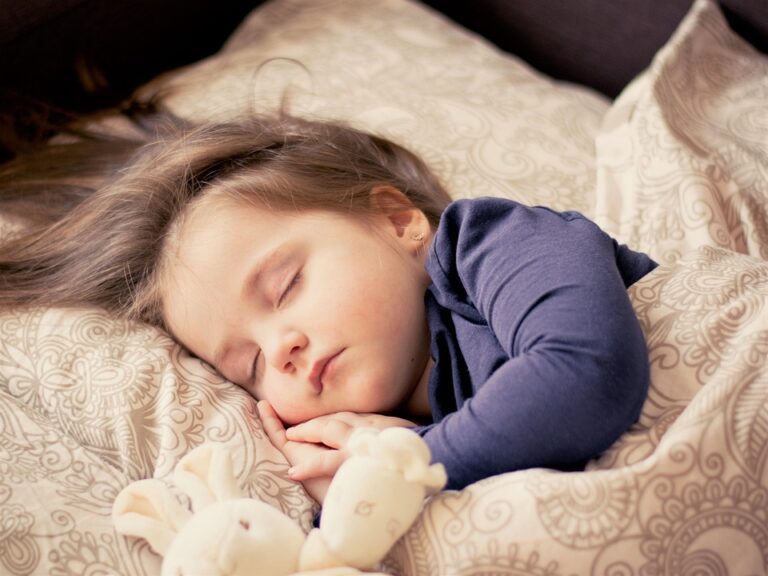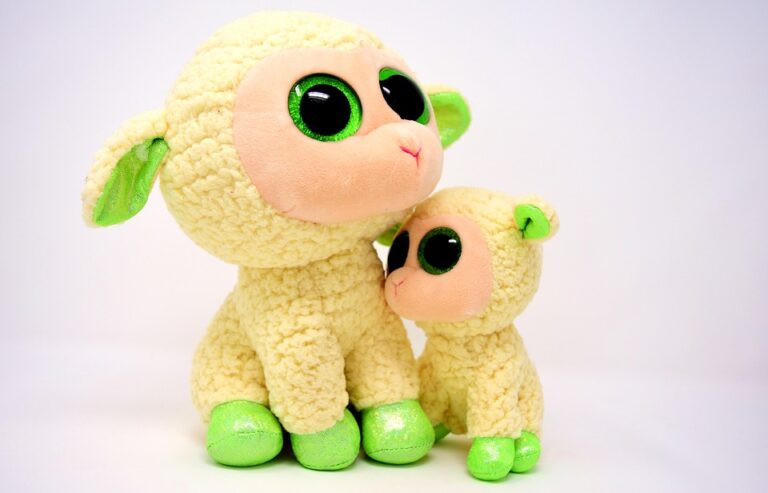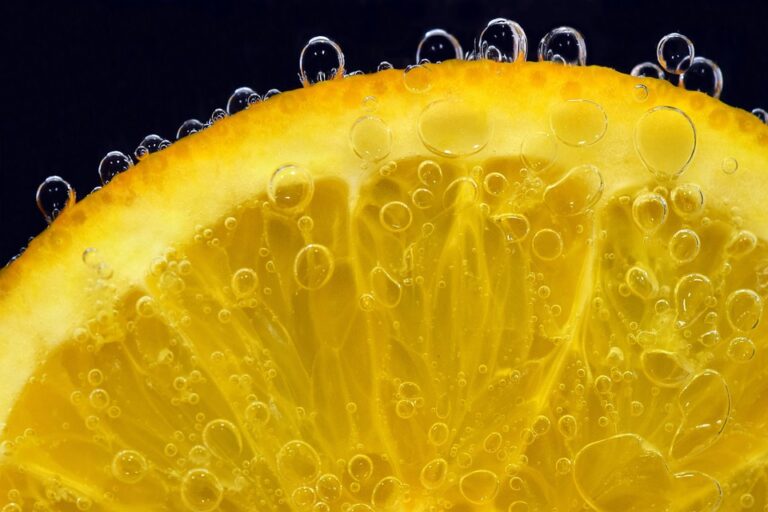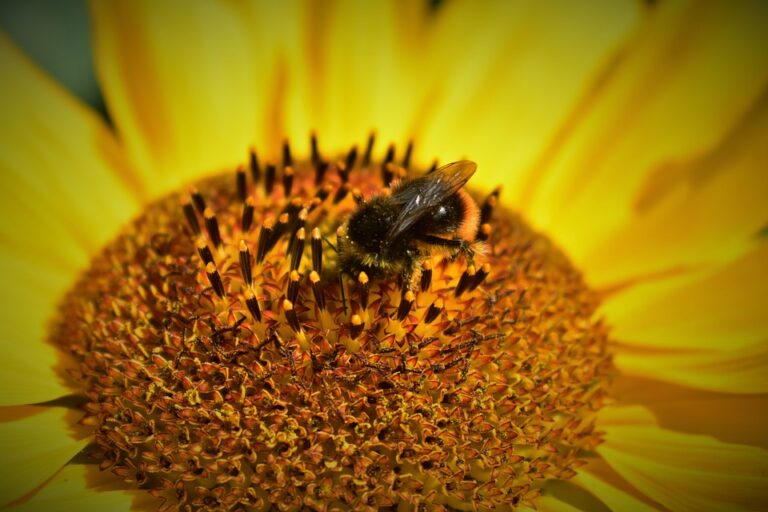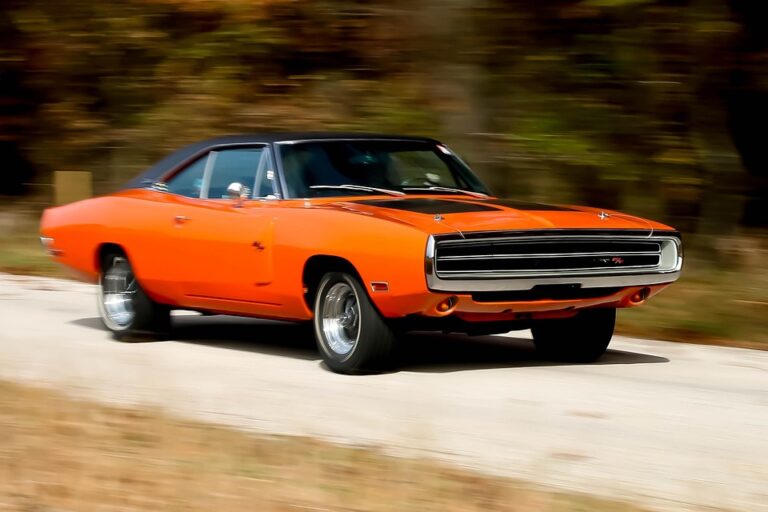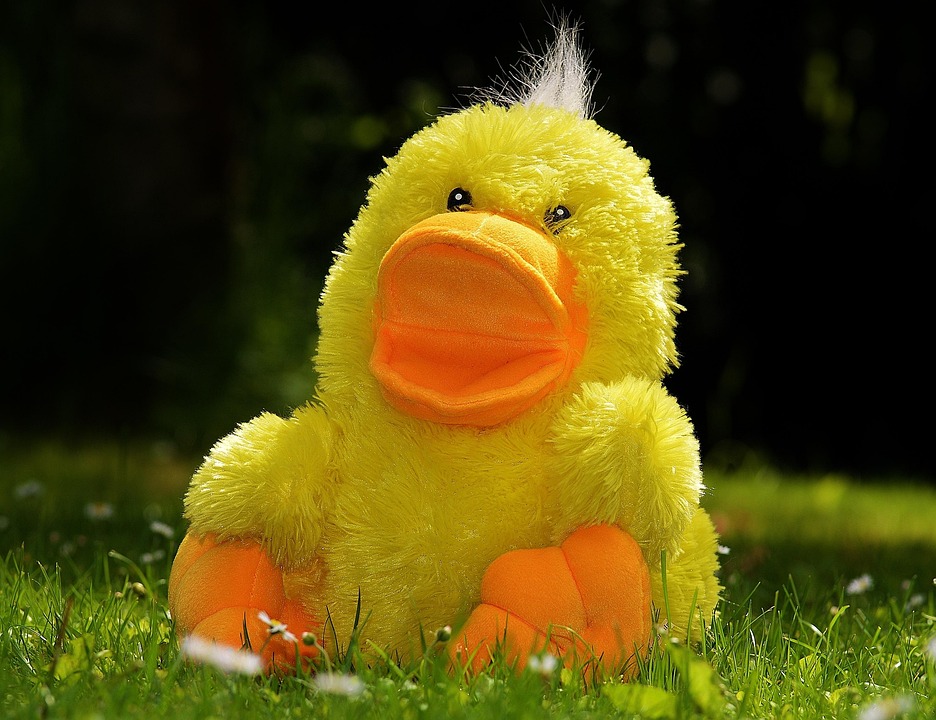
The Evolution of Stuffed Animals: From Classic Teddy Bears to Modern Collectibles
When one thinks of childhood companions, it’s nearly impossible to overlook the charm of stuffed animals. Their soft, cuddly bodies and innocent expressions have enchanted children for generations. However, the journey of these beloved toys, from the iconic teddy bear to the contemporary collectible, is a fascinating tale of cultural shifts and consumer trends.
1. The Birth of the Teddy Bear
The genesis of the teddy bear can be traced back to the early 20th century, amidst a backdrop of political and social upheaval. Named after President Theodore Roosevelt, the teddy bear emerged in 1902, becoming a symbol of comfort during tumultuous times. The earliest iterations were crafted from mohair and featured a simplistic design. Yet, their allure lay not solely in their aesthetic appeal; they represented safety and companionship, often serving as a child’s confidant in a world fraught with uncertainty.
Interestingly, the teddy bear’s charm transcended mere play. The psychological implications of owning a stuffed animal were highlighted by child psychologist Margaret Mahler, who posited that such toys could facilitate emotional development. This notion raised an intriguing question: What is it about these soft companions that fosters emotional resilience in children?
2. The Golden Age of Stuffed Animals
As we ventured into the mid-20th century, stuffed animals began to evolve into a broader spectrum of characters beyond the classic bear. Brands like Steiff and Gund introduced a variety of creatures, from dogs to elephants, each with unique personalities. This diversification reflected societal changes; as families became more nuclear, the demand for toys that could fill emotional voids surged.
The post-war period heralded a golden age for plush toys, with mass production techniques allowing for affordability and accessibility. Yet, the question lingered: did the proliferation of these toys dilute their sentimental value? While some argued that mass-produced items lacked the charm of handmade creations, others celebrated the joy these toys brought to countless children.
3. Contemporary Collectibles and Nostalgia
Fast forward to the 21st century, and the landscape of stuffed animals has undergone another transformation. Enter the realm of collectibles. Brands like Build-A-Bear Workshop invite children (and adults) to personalise their stuffed friends, which adds an intimate layer to the experience. Collectible plush toys, often tied to franchises like Disney or popular television shows, entice a new generation of enthusiasts. The question arises: are these items simply toys or have they become investment pieces in the eyes of collectors?
Moreover, the rise of social media has given birth to a community of plush enthusiasts who share their collections online. This phenomenon raises queries about identity and belonging—do these toys serve as a form of self-expression in a digital age dominated by curated identities? The emotional connections fostered through social sharing are profound; plush toys have transformed from mere objects into symbols of personal narratives.
4. A Sustainable Future for Stuffed Animals
As we gaze into the future, sustainability has become a paramount concern in the toy industry. Increasing awareness around environmental issues has prompted brands to innovate their production methods. Recycled materials and ethical sourcing have taken centre stage, allowing consumers to indulge in their love for stuffed animals without compromising their values.
Yet, this shift poses a challenge: how do manufacturers balance sustainability with the charm and quality that consumers expect? This delicate dance between eco-consciousness and nostalgia is pivotal to the evolution of stuffed animals, ensuring that they remain relevant in an ever-changing landscape.
The Journey Continues
From their humble beginnings as a source of comfort to their status as cherished collectibles, stuffed animals have navigated a remarkable evolution. They encapsulate not just the innocence of childhood but also the complexities of adult nostalgia and consumerism. As we continue to explore this enchanting world, BargainsTrust remains committed to bringing you curated selections of delightful finds, ensuring that these beloved companions remain an integral part of our lives.

